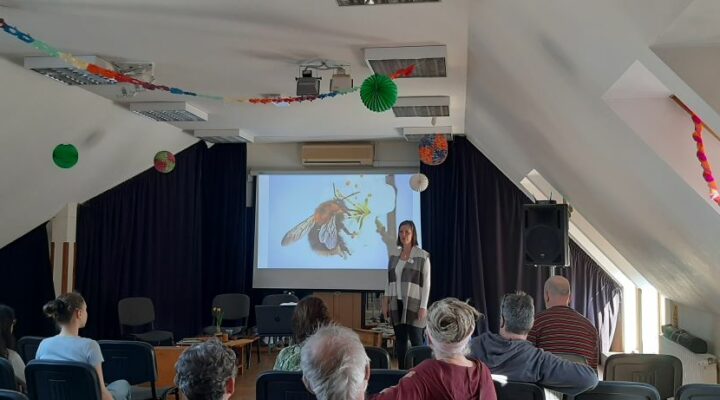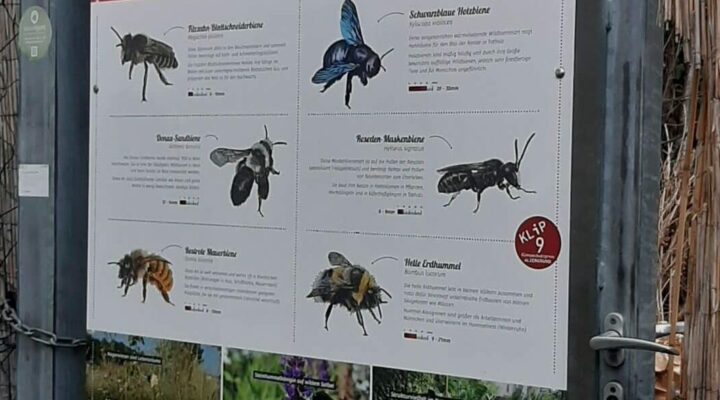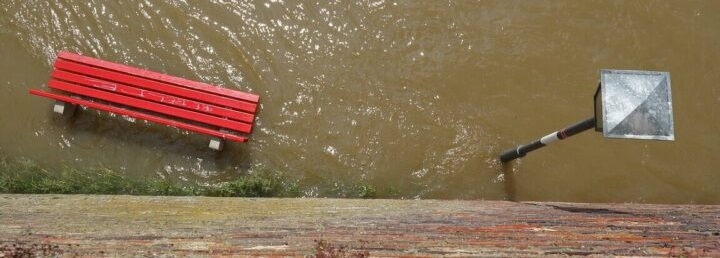With spring approaching, gardens and green spaces are slowly coming to life, offering the perfect opportunity to observe pollinators and create a welcoming habitat for them. The “Wekerle, természetesen!” (Wekerle, naturally!) event series continued with a session titled “Pollinators Are Our Friends”, focusing on the essential role of pollinators in our ecosystems and how to support them in urban gardens.
Guest speaker Dóra Kapisinszky, school beekeeper and garden designer, shared valuable insights on the different types of pollinators and the essential role they play in ecosystems. She highlighted the importance of overcoming fears and misconceptions about insects, learning how to coexist with them, and reacting appropriately to their presence. [Read more…] about Co-Bio News: Living with pollinators: Their essential role and how to attract them to our gardens





